


Every year on December 10, Human Rights Day is observed to raise awareness about the fundamental rights and freedoms of individuals. This day holds significance as it commemorates the adoption of the Universal Declaration of Human Rights in 1948 and serves as a reminder to protect the rights of every person. The theme for 2024, "Equality for All," highlights the importance of reducing inequalities and promoting inclusivity to advance human rights globally.
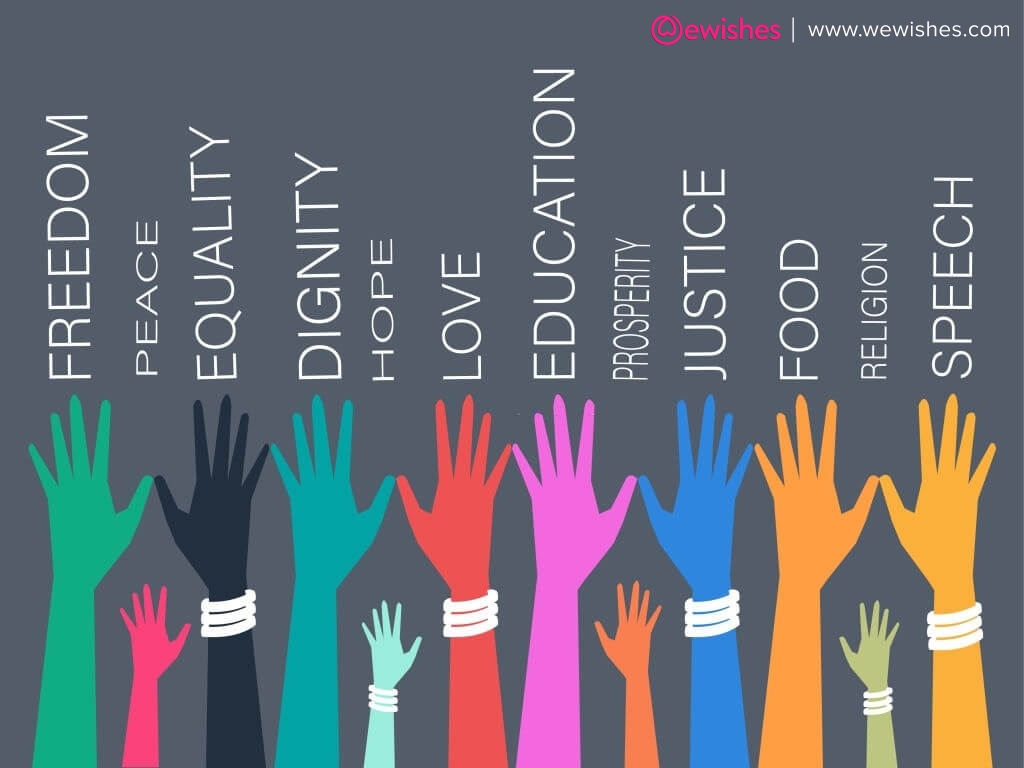
On December 10, the world celebrates Human Rights Day to recognize the Universal Declaration of Human Rights adopted by the UN in 1948. This year's theme, "Our Rights, Our Future, Right Now" highlights the importance of human rights in shaping a peaceful and equal future. The protection of human rights is a global mission entrusted to the 47-member Human Rights Council, which works towards preventing abuses, discrimination, and inequality. On the eve of Human Rights Day, the NHRC Acting Chairperson reaffirmed India's commitment to upholding the rights of all individuals, emphasizing the country's special role in the drafting of the UDHR.
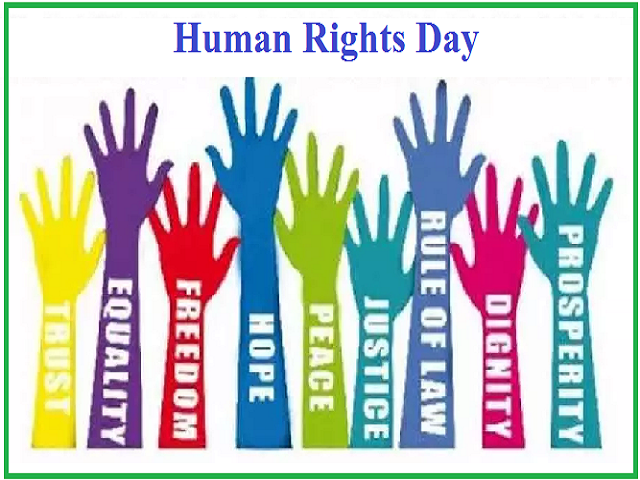
As we commemorate the adoption of the Universal Declaration of Human Rights on December 10, the theme for this year, "Equality for All: Reducing Inequality and Advancing Human Rights", serves as a reminder for collective efforts towards justice, equality, and dignity for all individuals. Let's come together to uphold the rights of humanity and wish for a future where every person is treated with dignity and respect.

In commemoration of the 33rd World AIDS Day on December 1, the World Health Organization (WHO) has announced a special theme for 2024 - "Take the Rights Path: My Health, My Right!" This highlights the importance of human rights in achieving the Sustainable Development Goals of ending AIDS by 2030. Despite significant progress, HIV remains incurable and highly contagious, making awareness and prevention crucial in the fight against the disease. The WHO stresses the need to tackle stigma and discrimination in access to treatment, and calls for a commitment to uphold the rights and dignity of all individuals, especially the most vulnerable.
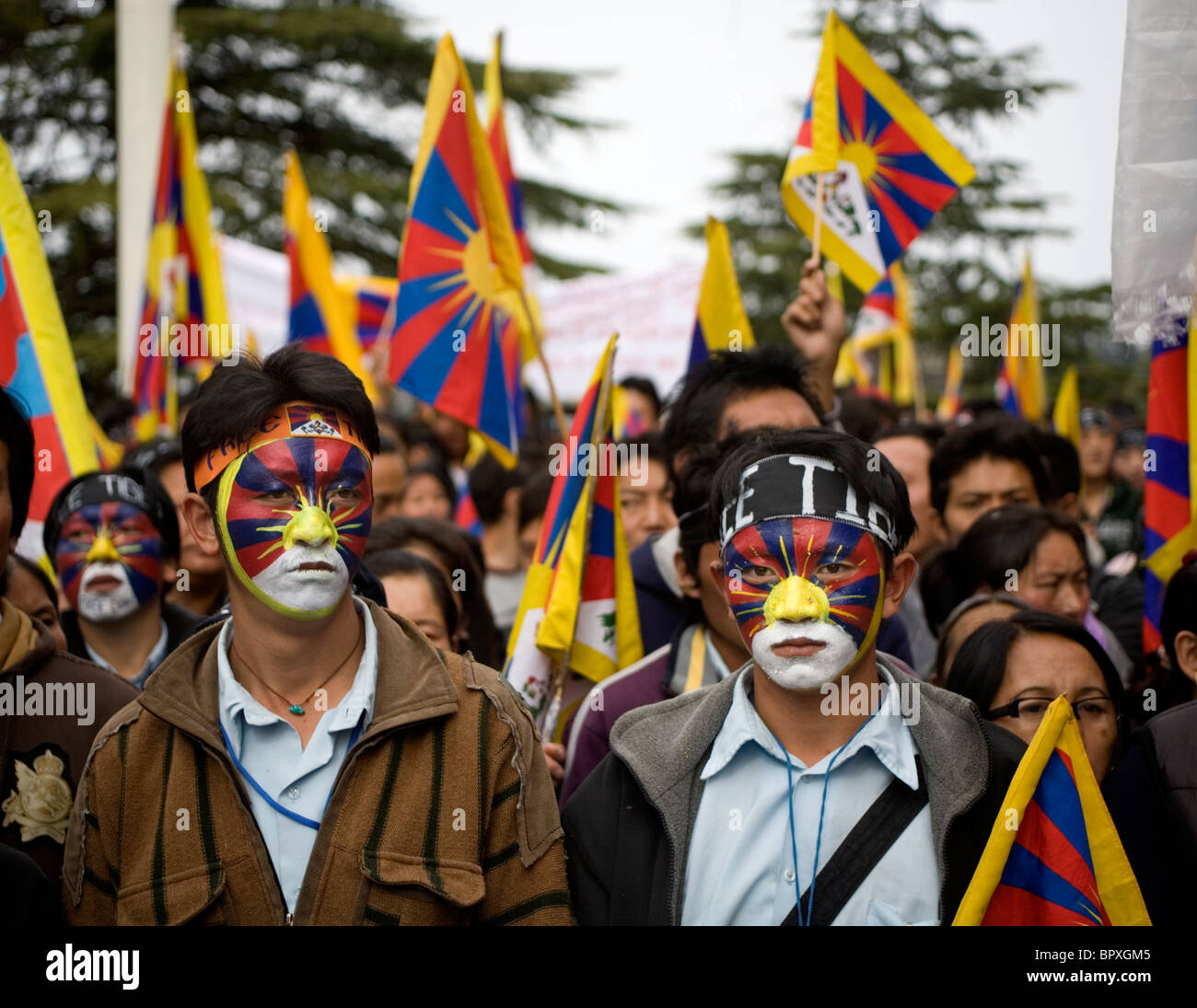
On July 6th, Tibetans worldwide celebrate World Tibet Day, a day dedicated to honoring their distinct culture and drawing global attention to the ongoing struggles faced by Tibetans living under Chinese occupation. This day, initiated by Pulitzer nominee Richard Rosenkranz and the Dalai Lama's younger brother, Tendzin Choegyal, also serves as a reminder of the brutal suppression and cultural erasure faced by Tibetans since China's annexation of the Tibetan plateau in 1951. The 14th Dalai Lama, Tenzin Gyatso, is not only a revered spiritual leader but also a potent symbol of resistance and a global advocate for peace, human rights, and universal responsibility rooted in Buddhist philosophy.
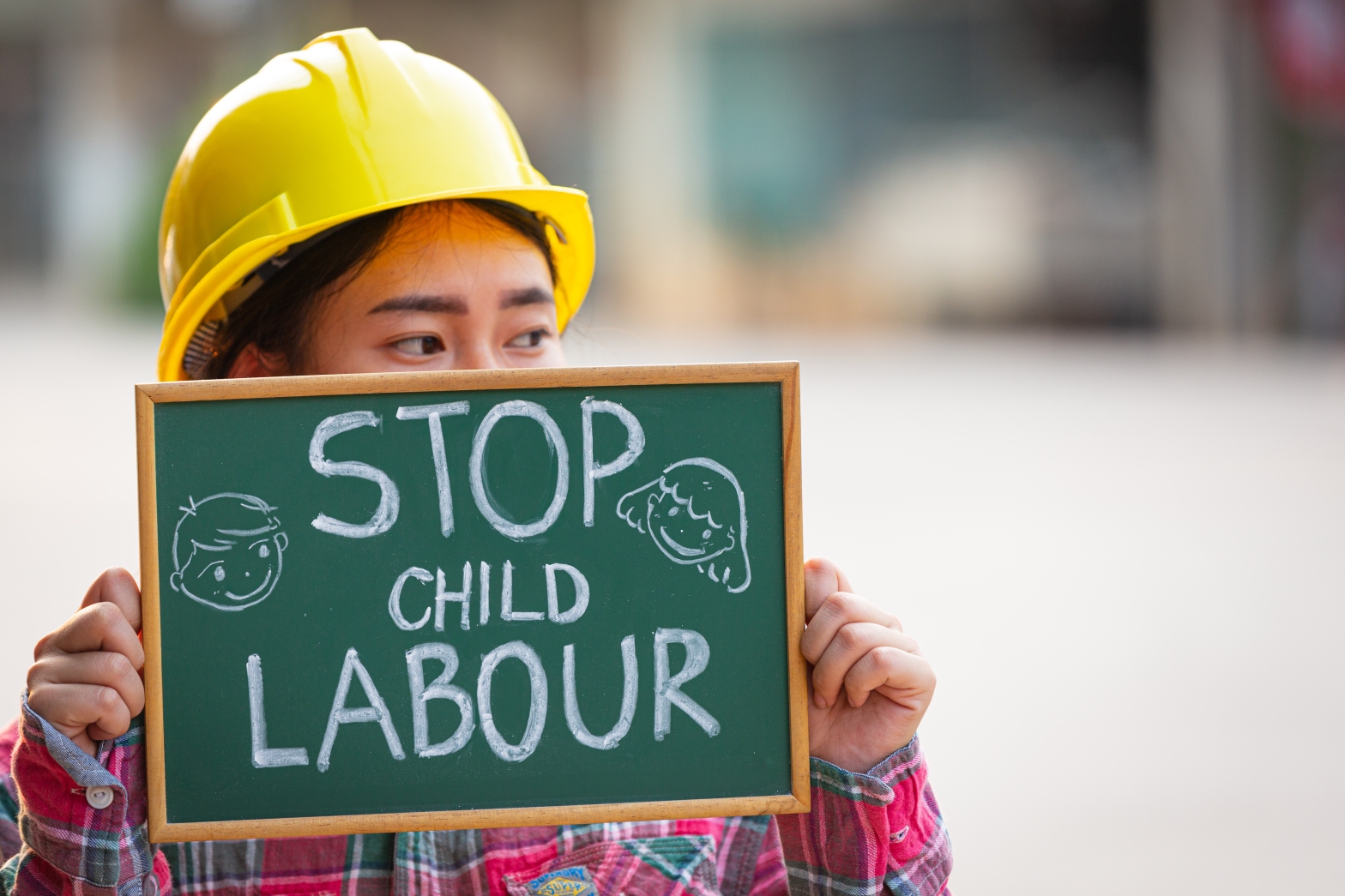
On June 12, the world observes the World Day Against Child Labour, focusing on the urgent need to eradicate child labour. This year, the theme "Let’s Act on Our Commitments: End Child Labour" highlights the joint efforts required to eliminate this violation of fundamental human rights. Since its establishment in 2002, this day has brought together governments, employers, workers' organizations, and civil society to raise awareness and take action against child labour. As we mark this day, we renew our commitment to creating a world where every child can enjoy a childhood free from labour and full of opportunities for education and development.
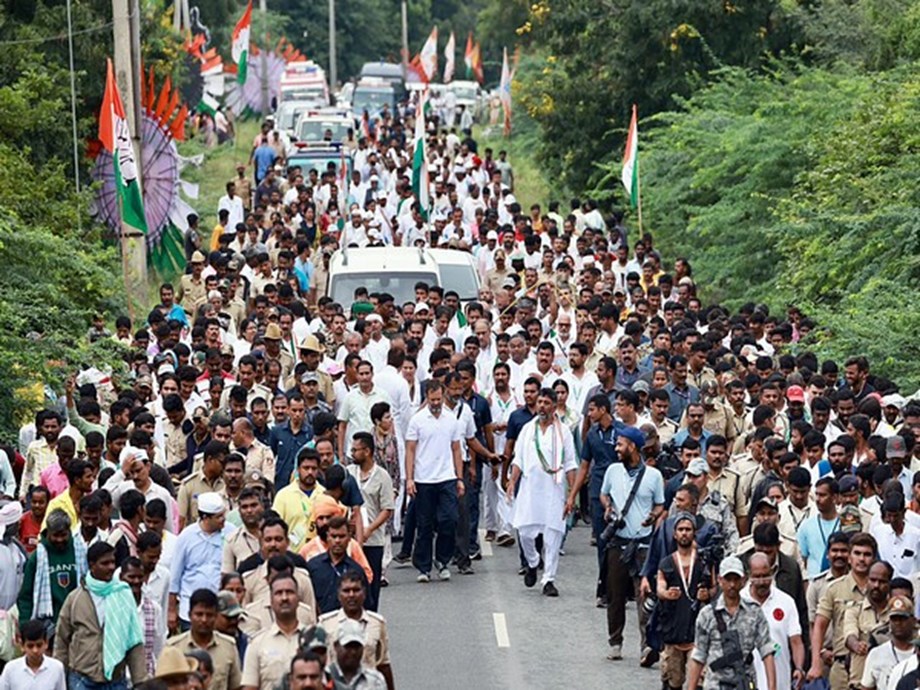
Former AICC chief and Congress leader Rahul Gandhi led the Bharat Jodo Nyay Yatra on its second day, which reached Zakhama, Nagaland, after passing through Manipur districts. During his brief halt at Kangpokpi, Rahul received memoranda from Kuki-Zo tribal leaders and was informed about the current situation, grievances, hardships, and human rights violations faced by the people. The yatra then reached Senapati district headquarters, dominated by Naga tribes, before crossing into Nagaland via Mao town.